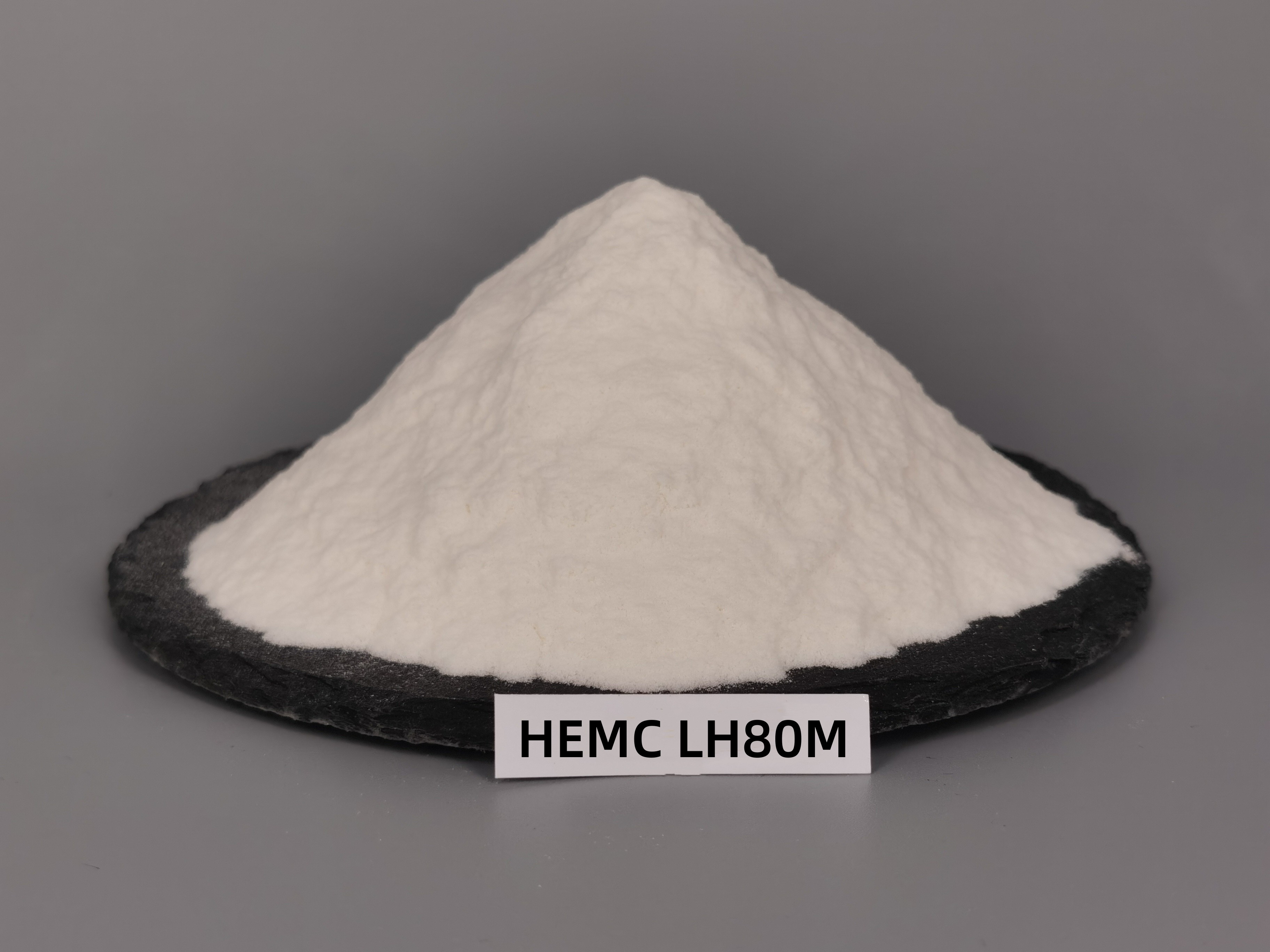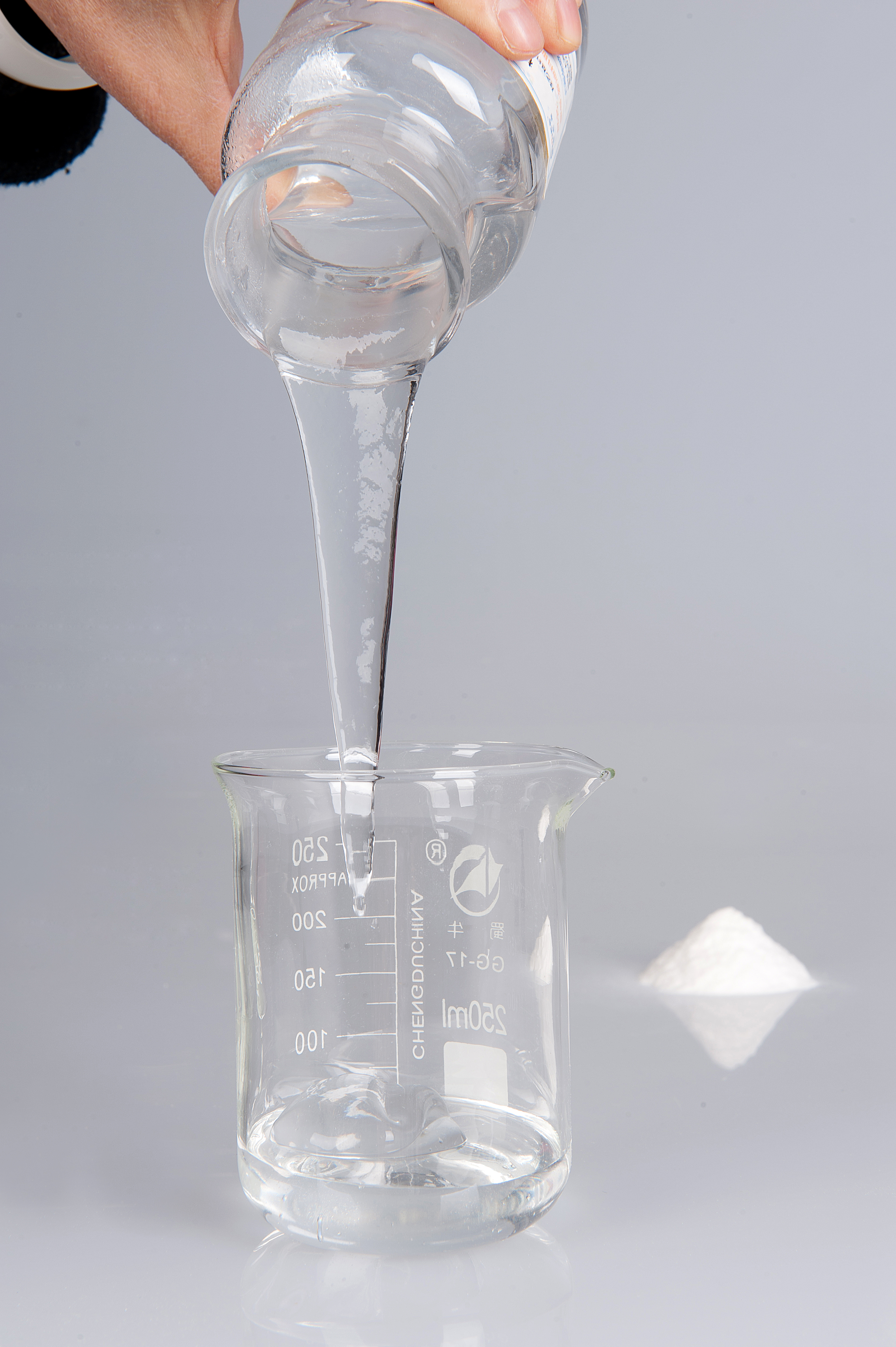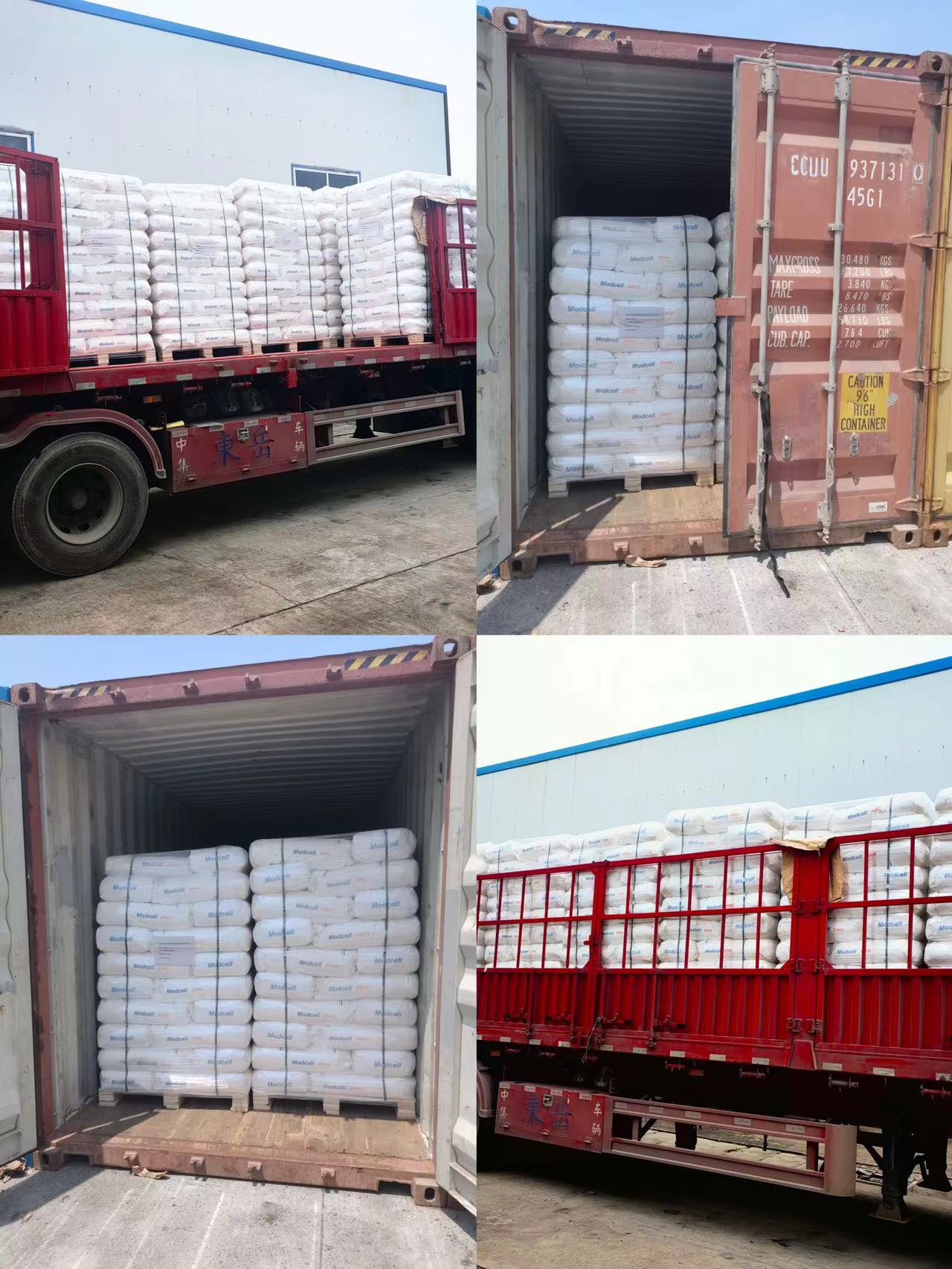What is hydroxyethyl methyl cellulose (HEMC)?
Hydroxyethyl methylcellulose (HEMC) is also known as methylhydroxyethyl cellulose (MHEC). It is a white, grayish white, or yellowish white particle. It is a non ionic cellulose ether obtained by adding ethylene oxide to methyl cellulose. It is made from natural renewable polymers such as wood pulp or cotton, and HEMC can be used as a high-efficiency water retaining agent, adhesive and film forming agent, stabilizer, etc. It is widely used in various industrial applications, such as oil drilling, construction and construction, paint and coatings, pharmaceuticals, etc. HEMC can be modified according to customer requirements, and after modification, it still has good resistance to sagging and good processability. Want to use HEMC for industrial purposes? Please contact a reliable supplier of hydroxyethyl methyl cellulose to obtain a good transaction.
HEMC has various functions. They include:
1. Appearance
HEMC can be white, light yellow, yellow white, or gray white.
2. Solubility
HEMC is soluble in water (cold or hot). Although HEMC is insoluble in most organic solvents, it is soluble in binary organic solvents and organic solvent water systems.
Its high concentration depends on viscosity, and its solubility varies with viscosity. The lower the viscosity, the greater the solubility, and vice versa.
3. Stability of pH
HEMC is stable in the range of 3.0-11.0 and its viscosity is almost unaffected, but exceeding this range will reduce its viscosity.
4. Metabolism
HEMC is an inert substance that is widely used in food and medicine due to its inability to undergo metabolism.
5. Surface activity
Due to its surface active function in aqueous solutions, it can be used as a dispersant, protector, and emulsifier.
6. Fungus resistance
In long-term storage, HEMC has good viscosity stability, therefore it has good mold resistance.
Its anti mold ability is higher than that of hydroxyethyl cellulose.
7. Water retention
HEMC becomes an effective water retaining agent due to its high viscosity in aqueous solutions.
Its water retention capacity is greater than that of methyl cellulose.
8. Ash content
The preparation process of HEMC uses hot water washing, resulting in very low ash content.
9. Thermal conductive adhesive
When the HEMC solution is heated to a certain temperature, its transparency decreases, forming sediment and gel, but if it is cooled, it will return to the original state of the solution.
Common uses of HEMC
Hydroxyethylmethylcellulose can be used as:
Ø AdhesiveØ Protective colloidØ ThickenerØ Film forming agent Emulsifier LubricantØ Suspension agent
Industrial applications of HEMC
HEMC is widely used in the following industries:
·Aggregation·Ceramics·Cosmetics·Construction·Food and Beverage·Medicines·Paint and Coatings·Ink and oil drilling
As mentioned earlier, hydroxyethyl methylcellulose (HEMC) is a derivative of methylcellulose. It is a non ionic cellulose ether made from high-purity cotton raw materials. HEMC‘s water retention and thickening capabilities make it suitable for water-based latex paints, inks and petroleum drilling, building materials, etc. Due to its widespread use in various applications, obtaining HEMC from well-known suppliers of hydroxyethyl methyl cellulose can ensure that you obtain products suitable for personal or industrial use.
Post time: Aug-28-2023





